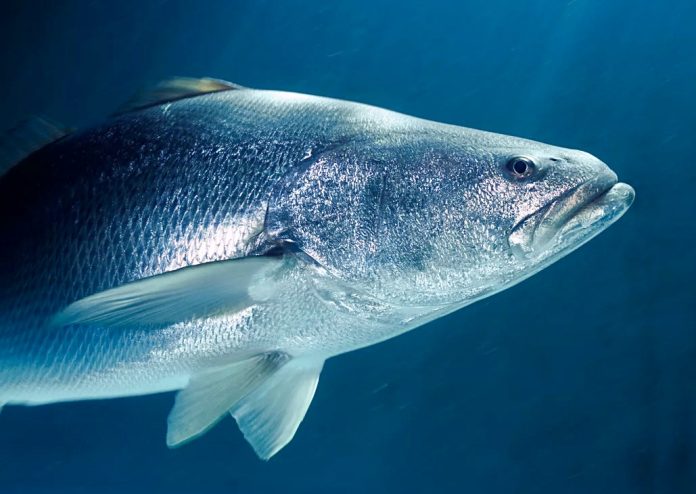
Second Largest Seizure Of Endangered Totoaba Fish Swim Bladders Discovered In San Luis Port, Arizona
You can help all animals and our planet by choosing compassion on your plate and in your glass. #GoVeg

You can help all animals and our planet by choosing compassion on your plate and in your glass. #GoVeg